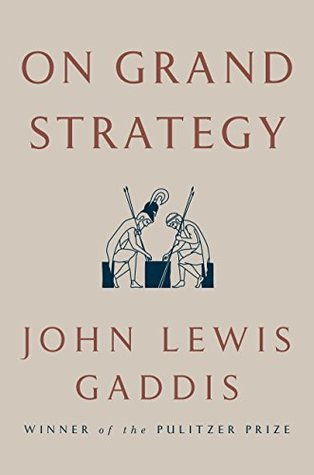Neither Xerxes nor Artabanus, therefore, would have passed F. Scott Fitzgerald’s test, from 1936, for a first-rate intelligence: “the ability to hold two opposed ideas in the mind at the same time, and still retain the ability to function.”21 Fitzgerald may have intended nothing more than a reproach to himself. His writing career had stalled by then, and four years later he would die, of alcoholism, heart disease, and an obscurity made all the more painful by his earlier fame. He was only forty-four.22 But the cryptic capaciousness of his aphorism, like Berlin’s on foxes and hedgehogs, has
...more
Welcome back. Just a moment while we sign you in to your Goodreads account.


